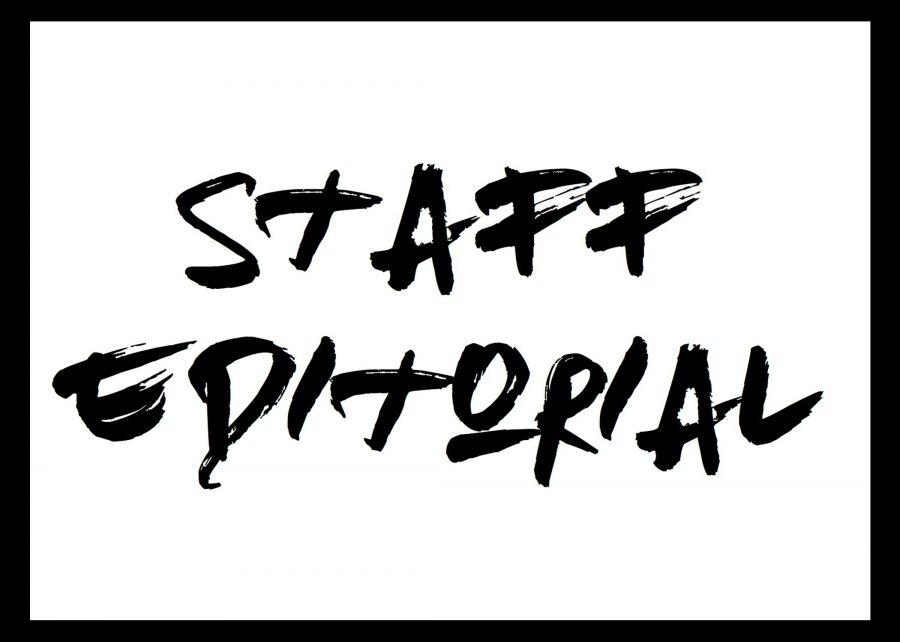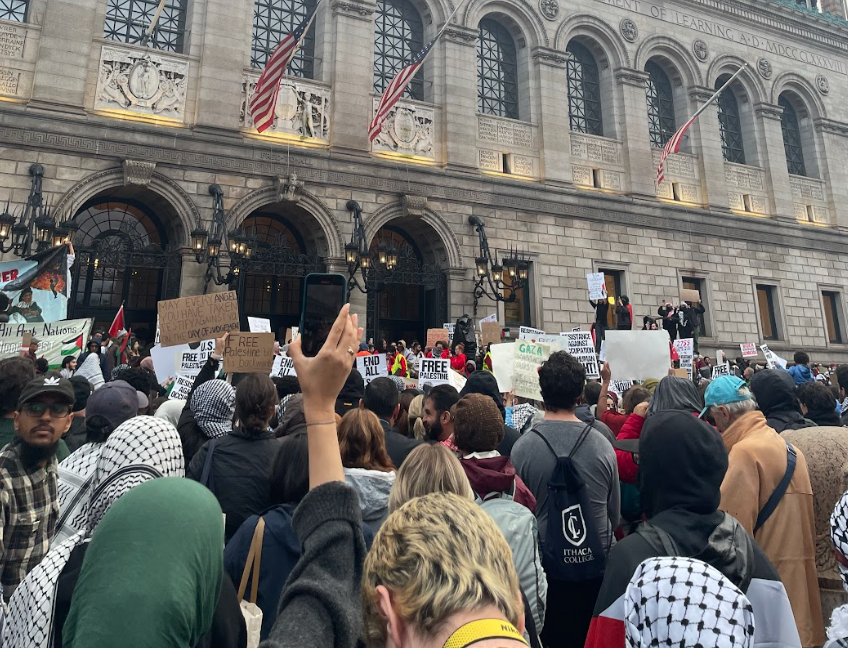By the time President Obama urged the government of Myanmar to end its brutal oppression of the Rohingya Muslims, the minority group had already seen its fair share of atrocities: a denial of legitimate citizenship rights, the displacement of thousands following violent riots, and a systematic genocide that had claimed many lives. In 2010, the population was referred to as “the most persecuted in the world” by various human rights groups. Still, it was not until 2015 that the United States appealed to the nation to end their mistreatment.
The delay in action was a mistake; the situation in Myanmar has only worsened since then. Although we had the ability to make a proactive statement, we failed to use our resources and role as a world power to do so. Combating injustice in situations of tyranny is not only a privilege, but a duty. Our government should give a voice to those who are being silenced.
Our criticisms of inaction are not restricted to a federal level, but extend to all aspects of society, especially to the individual. Although we might view ourselves as powerless when decisions are made by local, state and federal councils, we must realize that we have been presented with the tools to combat sociopolitical injustice. Drawing from our vast pool of resources, we should leverage our capital in order to make tangible differences in our community.
Following this election cycle, many have disagreed with various aspects of Trump’s forthcoming presidency. For instance, his cabinet appointments have represented, to many, the physical manifestation of a racist and sexist America and a validation of hatred and fury. Simply educating ourselves and expressing our frustrations to colleagues fulfills only a small part of our potential as citizens of this country. We have been granted a voice with which to influence the decisions of our government. By making calls to our representatives or volunteering for the causes we hold in high esteem, we not only exercise our political rights but also take a stance against prejudice. Our nation is improved by the efforts of grassroots organizers and vocal protesters, and its course has been forever altered by those that took these steps before us.
On an international stage too, we have the potential to effect tangible change. Where many minorities are silenced, we are granted a voice with which we may speak on their behalf. Though the Rohingya minority may seem a world away, American citizens have the resources to advocate for them. Demanding that action be taken by our government against the genocide is well within our ability.
It is a shame that we often educate ourselves on local and global issues, but fail to contribute to causes in any significant way. Oftentimes, we are content with considering Facebook posts, small discussions or the sympathy in our hearts to be enough of an action our parts. This negligence, as it might be considered, leaves us in a place of neutrality and complacency. When we have been given the instruments of democracy and the opportunity to intervene in global affairs, is it not injustice to let them lay unused?
As we study history and systems of oppression, we speak out against them in our classes. Yet, as genocide plagues a community in Myanmar, we remain uncharacteristically silent. We must take a stance against injustice as best we can. The Rohingya people are one only example of an abused minority. There are others still who have been destroyed by majority rule, who are displaced by war and insurrection, who are impoverished at starving, both within our borders and beyond them. Our privilege of political activity is one we must leverage to fight any discrimination.
The role of the media has long been to give a voice to those who lack one. As a newspaper, we will continue to take steps to report on the issues that we face as a community, and to stand in solidarity with those who are forgotten or mistreated.
While the Rohingya continue to suffer in Myanmar, we must do them the service of using our resources to advocate for them, for this is the greatest justice we can offer. When we have been gifted such tools, it is our obligation to humanity to utilize them to their fullest potential.







